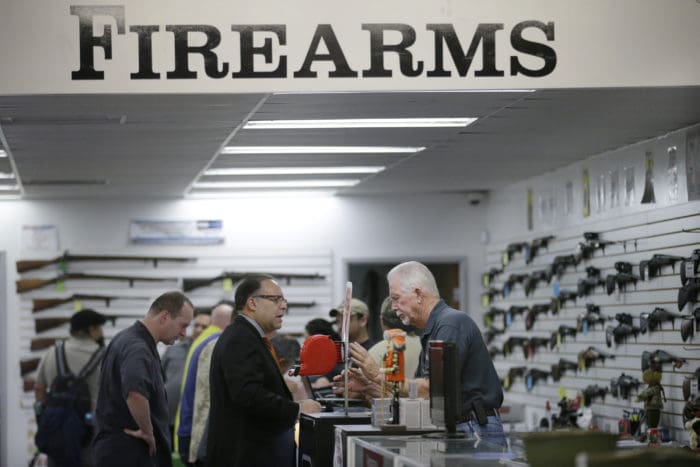By Mark Houser
There have been several recent efforts to impose gun control particularly on people between the ages of 18 and 21. Such restrictions were part of Washington state’s infamous Initiative 1639, and Senator Diane Feinstein is currently attempting to implement similar age-specific regulations nationwide through her Age 21 Act.
There are obvious problems with laws like these. For instance, it’s audacious for the government to say that an enumerated constitutional right cannot be exercised by young adults. This is especially true when the same government will happily allow–or, in the case of a draft, force–those young adults of the same age to bear arms against people of other countries.
However, I want to focus on a different problem that’s not receiving enough attention, the insidious classism of age-based restrictions. Age-specific restrictions have a disparate impact on lower-income individuals and, by extension, on the marginalized communities that these lower-income individuals inhabit.
It’s a problem of perspective. For wealthy Americans, meaningful “adulthood” often doesn’t begin until after college, perhaps at the age of 22 or 23. Gap years, graduate or law school, internships, and other luxuries of the relatively well-off often delay adulthood much longer. The most privileged among us might not adopt real adult responsibilities and lifestyles until they’re pushing 30.
To wealthy and upper-middle class people, including Senator Feinstein, keeping guns out of the hands of 18-21 year olds can seem as unobjectionable as keeping guns out of the hands of children because, in the eyes of the affluent, 18 to 21-year-olds are children. Children who have neither the capacity to use firearms, nor the need for them.
But less privileged Americans don’t have the luxury of delayed adulthood. Between the ages of 18 and 21, they’re getting real jobs, they’re completing a technical or occupational education, they’re paying bills and taxes, they’re helping to support their families, and are shouldering other grown-up responsibilities–because they must.
These 18 to 21-year-olds are adults, in every sense of the word, and it’s the height of elitist condescension to treat them as something less on account of the fact that they didn’t complete the upper-class rites of passage into adulthood.
Not only do they have the capacity to own and use firearms safely, they may very well be responsible for the security of themselves and their families. These young men and women are unlikely to live on heavily-policed college campuses or in high-rent apartment buildings with doormen, places where violent crime is rare.
On the contrary, lower-income income individuals are more likely inhabit higher-crime areas in which they’re less able to rely on public safety services and more likely to need to protect themselves. There is something especially disturbing about legislation that makes it even more difficult for an already vulnerable population to defend themselves.
I’m over the age of 21, and you probably are, too. So these restrictions won’t affect us directly. Nonetheless, we must be as vigilant in the defense of others’ rights as we are of our own, or else we undermine the very notion of what a right is and means. We must fight these elitist, age-specific restrictions with the same conviction with which we would defend our own rights.
